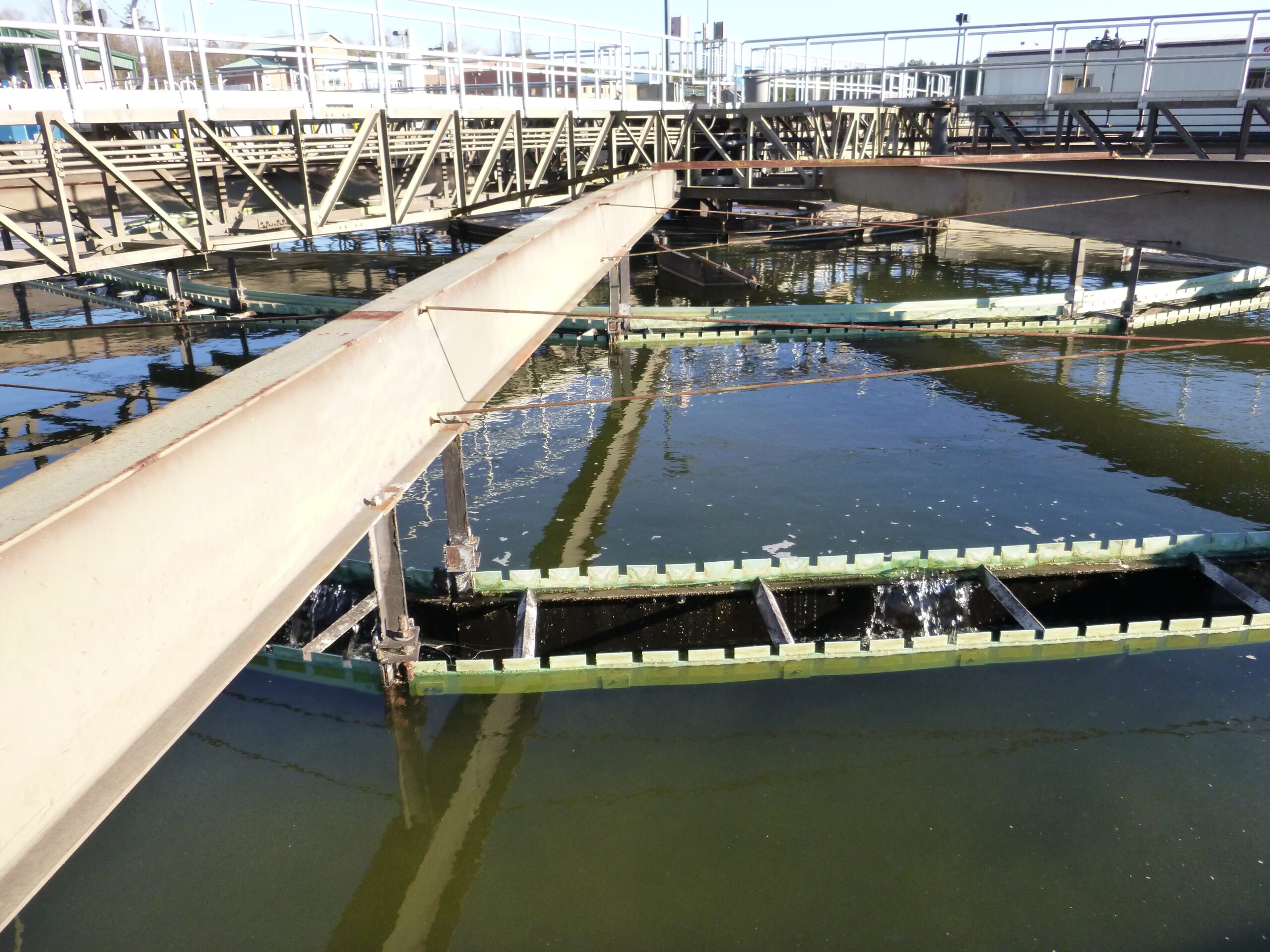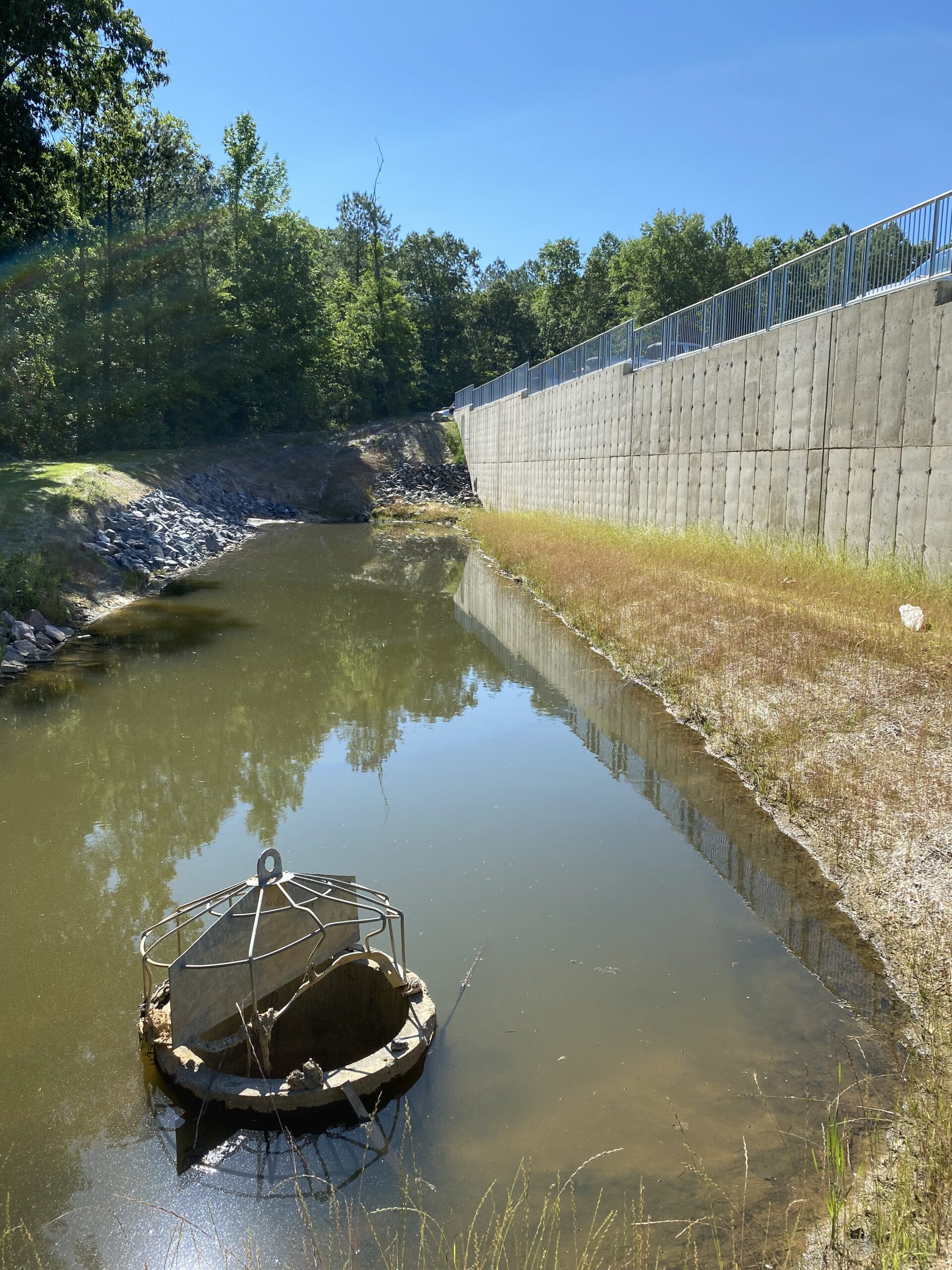Stormwater Pollution Prevention Plans
SWPPPs are often mandated for construction sites and industrial dischargers to obtain NPDES permit coverage. Industries subject to SWPPP requirements include chemical manufacturing, asphalt paving, hazardous waste treatment facilities, automobile salvage yards and others mandated by state or local regulations. Navigating NPDES compliance can be complex, but with ECS by your side, you can adhere to regulations while enhancing your operations.
Understanding NPDES permits
NPDES permits, issued by either state authorities or the US Environmental Protection Agency (EPA), establish pollutant levels for discharges and typically have a duration of up to five years, with the option for renewal anytime.
There are two permit types:
- General permits covering similar industries or sources
- Individual permits tailored to specific sources or pollutants requiring closer scrutiny



